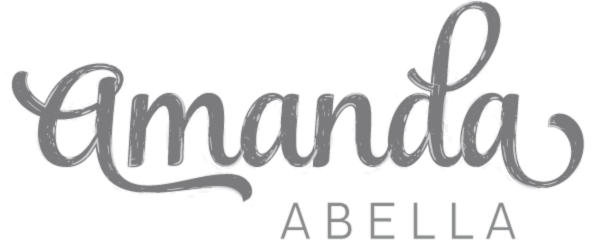Budgeting, Credit Cards, Debt, Finances, Frugality, Money
Budgeting, Debt, Frugality, Mindset, Money
Budgeting, Entrepreneurship, Money, Productivity
Budgeting, Credit Cards, Debt, Frugality, Investing, Mindset, Money, Podcast, Saving
Budgeting, Frugality, Money, Saving
Page [tcb_pagination_current_page] of [tcb_pagination_total_pages]
